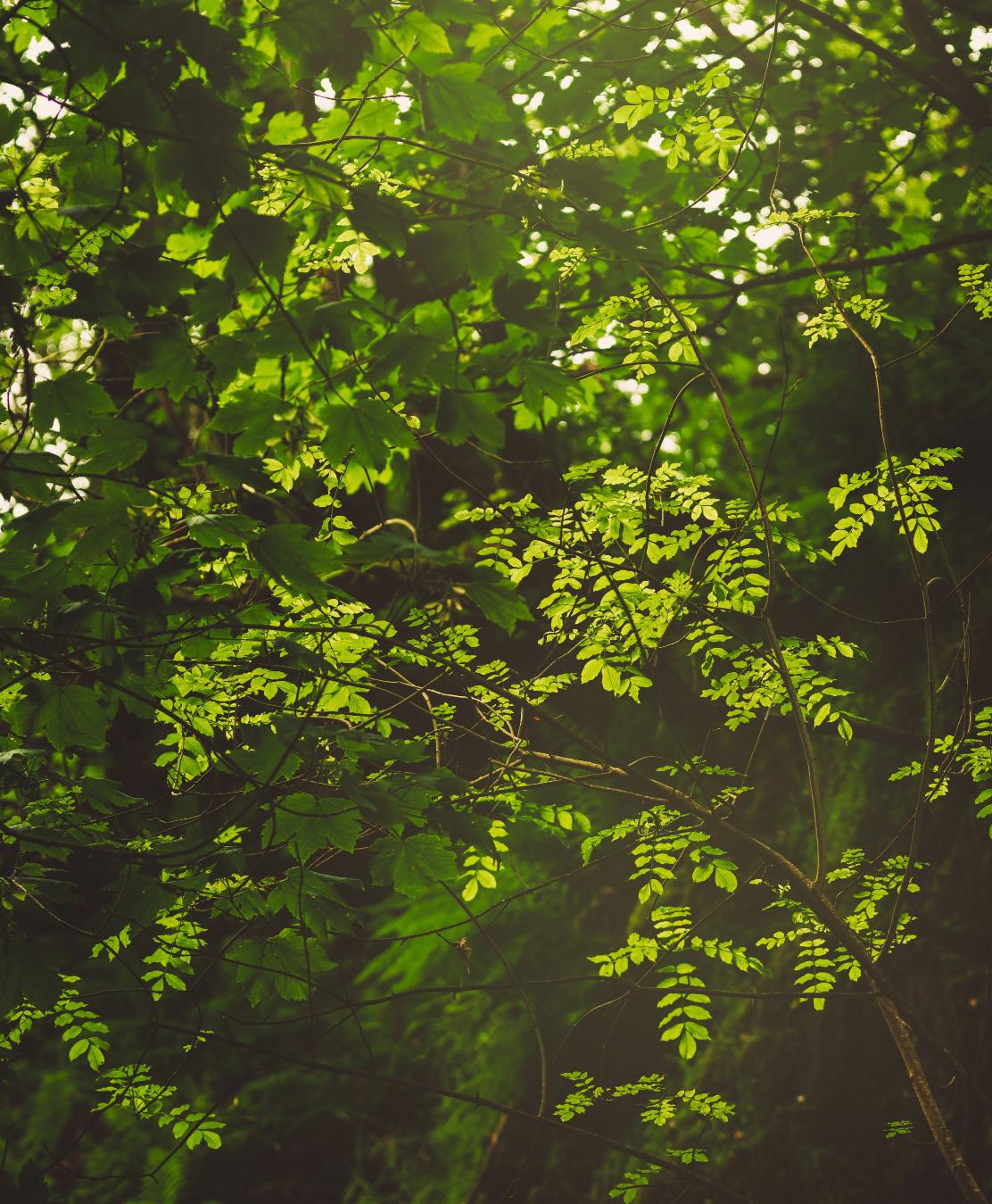
7 minute read
The delicate stillness of terns
Yoshua Selvadurai University of New South Wales (IV)
“But once arriving in those warmer climates, why would migrating birds come back in the summer?
Advertisement
It is really a question of how a species’ ecological necessities balance out, a delicate calculus that varies tremendously with species of bird, and over time.” Pokras, M,
“Why Do Birds Return after Winter?” (2010) 4 Tufts University Journal 11.
Thin brown fish float on the waterhole like fallen gum leaves. Then they reveal their true identity, coming alive to coalesce and fire apart like a small cosmic explosion. Carefully parting drooping myrtle and stepping over dark tree roots, she wades into the green water flecked with topaz hues. Tiny animals freeze and watch through the dark tunnels of leaves. She needs this time in Smithton, to breathe, to put together the pieces that had threatened to separate forever under the frantic glare of Broadbeach.
The sun is moving further up in the sky now and round droplets of light spill through the spaces between leaves, warming her skin. Taking a deep breath, she glides into the centre of the waterhole and flips on her back to feel the lulling of the water and the warm weight of the sun on her eyelids.
It was in this same waterhole that she had started to teach Noah to swim. As they stepped onto the silty sand, warm light had flowed over them like water itself, brushing their shoulders and lapping around their ankles in golden pools. She had taken the day off from working at the Smithton travel agency, saying ‘even a Tassie boy needs to be a strong swimmer’. Noah had watched her in his usual serious way, not thinking to question her, assuming that her words described the way the
world worked. Holding her hand, he had traipsed through the sand, tracing pictures of shells and seagulls with a long trembling stick. Then scooping him up, she had carried him into the luminous water. He was still light, small for his age. At first, he had twisted away from the dark water but her voice soothed him until he leant into the water’s embrace, letting the ribbons of water thread through his hair. She had held him from beneath the gentle waters, laughing “Good job Noah!” until the sun above melted in sheer joy. She never did finish teaching him to swim that summer. In their subsequent telephone conversations, filled with her long rambling questions and his stilted answers, she could never bring herself to ask again.
Comforted by her inaction in the waterhole, a flock of sea terns descends from the sky. Like a white floral bouquet, they flop down on the water next to her, each one a petal floating along. Through eyes half-closed against the summer glare, she smiles at their delicate stillness and how immaculately their beaks match their feet. job. She had sped away to the airport, leaving Martin a letter on the kitchen table, about following her inner voice and stepping into the exciting, unknown possibilities of life. But even as she wrote it, she knew that her quiet, decent husband would never understand. It was a symbolic offering, like a chocolate on a pillow or a cup of tea after news of grief. It would offer no real nourishment. She had found herself a nice studio on Burleigh Road and asked Noah to join her. The theme parks, the skateboard ramps, the killer surf. Nothing seemed to impress. Her offers had been refused without explanation.
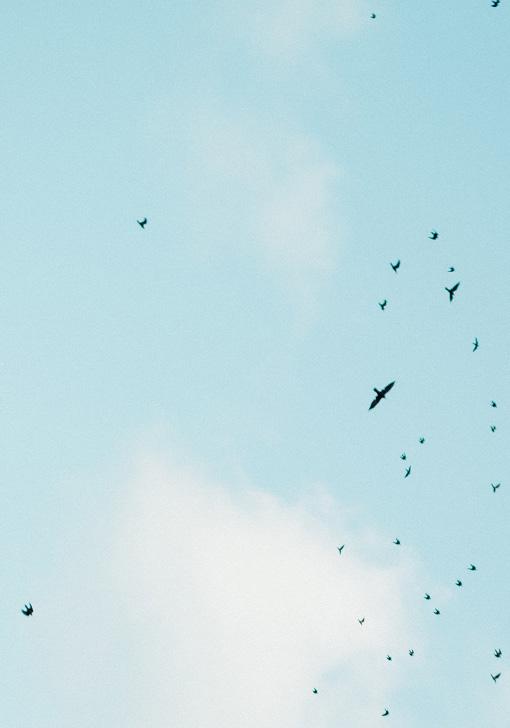
Now, watching the wind rib the water, she had trouble remembering what she had so desperately wanted to escape. There were those weeks after Laura first left when she had wandered the beach at night and the locals had thought her crazy. There is something wrong with that Marlene, walking alone in the middle of the night at the water’s edge. Don’t know how Martin can put up with her nonsense. Small minded rural folk. It would be better on the Mainland.
And Broadbeach was all that had been promised. The shops that lined its beach promenade were open at night, squares of neon cheerfully festooned with pineapple decorations and surfboard knick-knacks. The ocean there was warm frothy bathwater, with no ribbons of cold current to suddenly twist around your body. And the sunrises were confident blazes of orange and gold, unshrouded by the brooding grey mist that usually clung to the Smithton horizon. Her phone was full of photos. Her favourite was of a monkey which had escaped from a local show and was sitting on the head of a Wally Lewis statue. The statue was
It had been a very different winter morning when she had silently let herself out of the back door and waited for a taxi. It was nearly a year ago that her daughter Laura had left to study in Sydney and Noah had slid into a private world, closed to everyone but his dad and that lumbering Neanderthal of a friend Waldy. And Carl Mendez…well Carl had seemed like the answer at the time, with his compliments, talk of her great potential and plan to move to the Gold Coast together. Putting to use the confidence that was delivered to her with her TAFE certificate, she had sent an application to a Broadbeach travel agency and got a
bronze with a chipped nose revealing the wires beneath. The monkey was brown and scruffy with neurotic, unblinking eyes. Rings of excited tourists had quickly formed around the monkey as it sat, sphinx-like, with its tail wrapped around Wally’s ear. Maybe that was why she never fully embraced the Gold Coast, she could not bring herself to behave like tourists, snatching at every opportunity for happiness. And after Carl left she even tried her agency’s ‘European Alpine Wonders’ package. And when gazing at the snow-crowned peaks of the Appenzell Alps and the lustrous sheen of Lake Lucerne, she was duly impressed. But somehow those European landscapes had never warmed her from within. They stood apart from her, demanding adulation but offering no substance. Standing there, she knew that one day she would return to Tasmania, to breathe, to be connected once more. She had proverbially traversed the ends of the earth to find that Noah was right when he cried out on Marracupa Promontory that autumn day that there was nothing better out there.
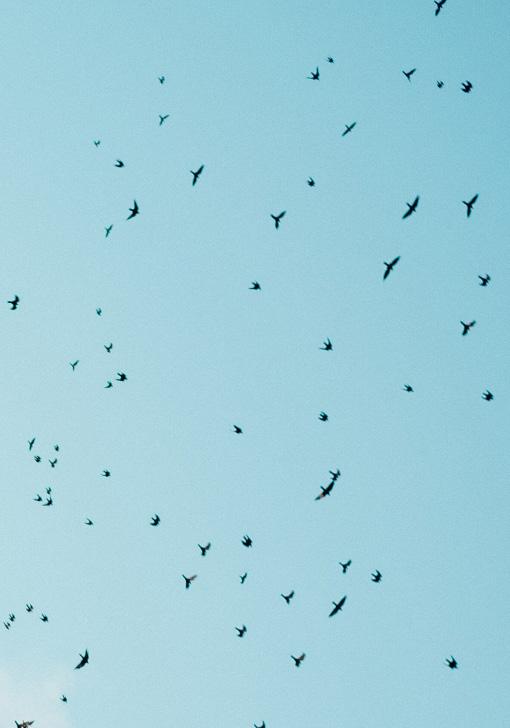
The sun has fully risen now, tempting the long-legged terns out of their burrows to scratch for food at the water’s edge. The wind has picked up too, stirring the gums and sending down new showers of trembling leaves. Perhaps, she would be able to convince Martin to return home from Fitzroy. After all, they still had their house. And Noah and Laura, maybe they would come home too. Take her back.
Bowing her head, she dives under the jewel-encrusted surface so that her tears blend into the green waters, and her drifting fingertips brush the crawling weeds on the riverbed. Under the water there are no memories, no regrets, no words, only the still calm silence at the centre of being.
Photograph by Harry Cooke on Pexels
“A cornerstone of Migration Theory is the assumption of the existence of a surrogate currency. It is often assumed that food source is the only relevant currency. However, alternative currencies include energy and mortality risk or some combination of different currencies, and these will sometimes prevail.” Houston AI
“The Strength of Selection in the Context of Migration Success,” (2000) 267 Proceedings of the Royal Society of Biological Sciences 2393.
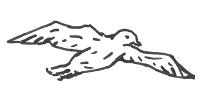
“I am a 4th Year Hons student from UNSW. I grew up spending my summers in Burnie, Tassie with my grandparents. I like to write to internalise feelings and capture moments, lucky enough to win the Global Creative Competition for Medical Students. I also like athletics, footy, chocolate, strawberries but not strawberries with chocolate.”
Burnie, Tasmania
Photo by David Mark from Pixabay
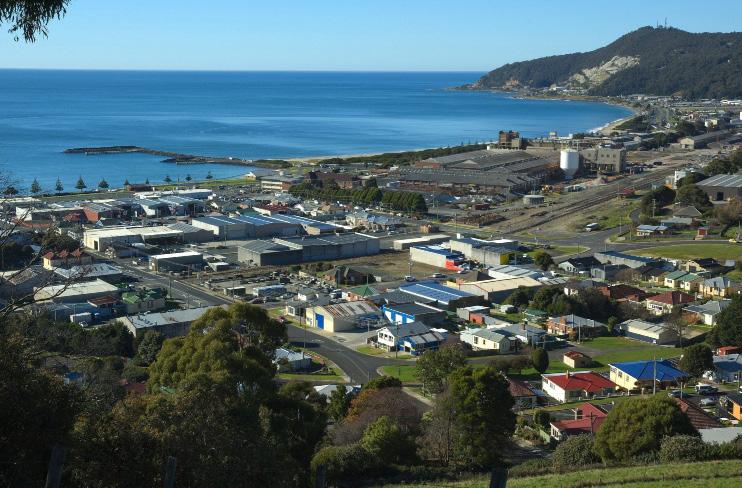
Yoshua’s Inspiration:
“I grew up spending my summers with my grandparents in Burnie, a small coastal town in north-west Tasmania. Over the years, I watched as rurality fractured families in all sorts of ways. I noticed that a common issue among people in Burnie was that they often felt like they were missing out on something. For better schools and healthcare, people often felt they would have to go to the Mainland. Eventually, however, they would discover the irreplaceable value of what they had left behind. Wandering around Tasmania, the profusion of bird activity cannot be ignored! This overarching bird migration framework supports the story’s exploration of motivations for relocation and return.”










